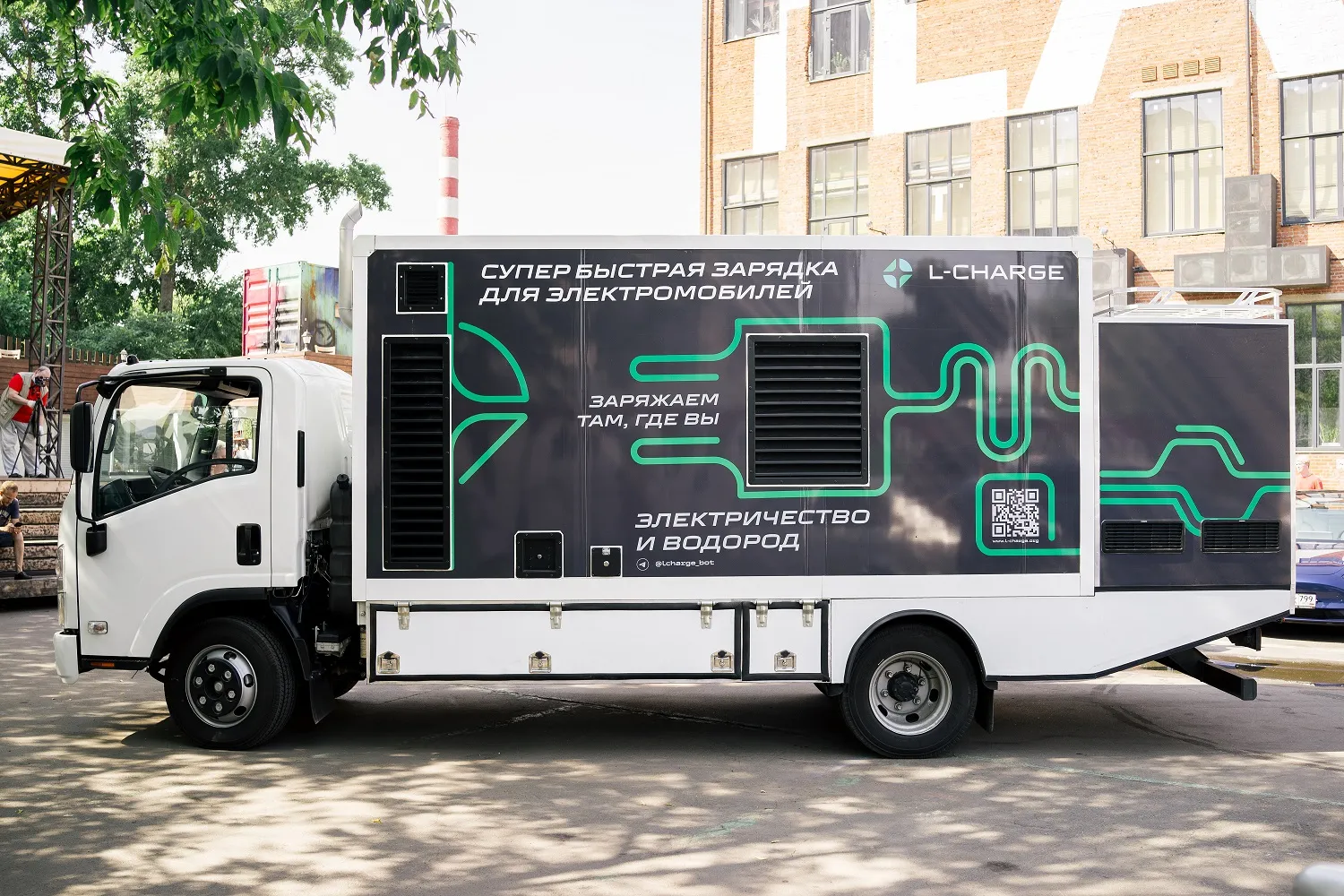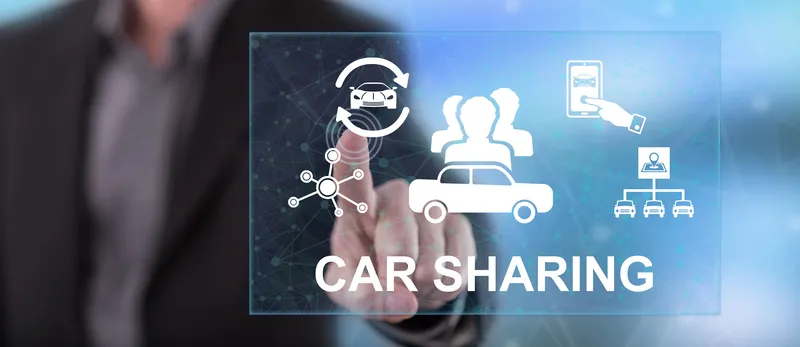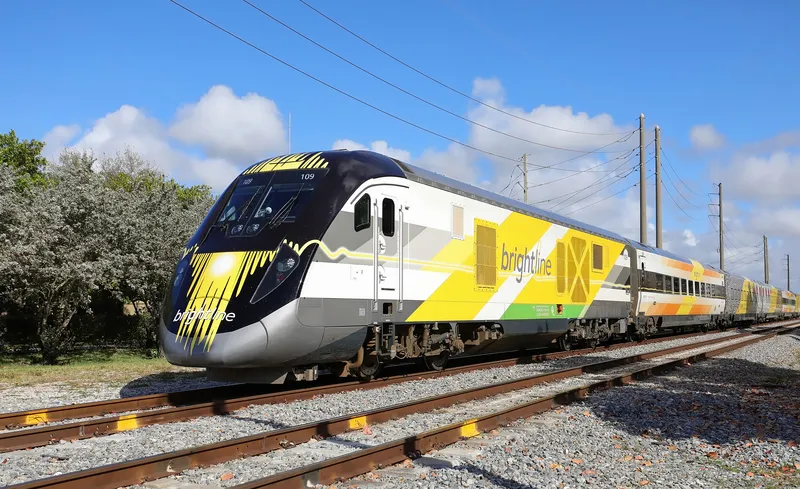
Russian manufacturer L-Charge has raised $1.5 million from private investors to develop an electric vehicle (EV) charger capable of providing 100 km of power between 3-8 minutes.
In July, the charger began operating in the Russian capital. The station can be summoned via a Telegram bot and is currently available within the Moscow Ring Road. During the test period, the company set out to assess the level of demand for the service within the city and to enhance the technology.
L-Charge says a stationary version of the charger can be installed in any location – by highways, petrol stations and car parks.
The company also offers a mobile version in which a truck can travel around the city, charging EVs based upon demand.
According to L-Charge, there are several services worldwide offering drivers the ability to summon an electric vehicle charger, but they all operate on the powerbank system and need recharging.
By contrast, the firm describes its solution as a mini power station capable of generating and storing energy and charging electric cars with no need for a grid connection.
This makes the charging stations not only autonomous and independent of the power grid but also environmentally clean, L-Charge adds.
The power is generated from compressed natural gas or hydrogen.
Outside of Russia, L-Charge plans to develop a charging network in Paris, Berlin, New York, Amsterdam and London.









